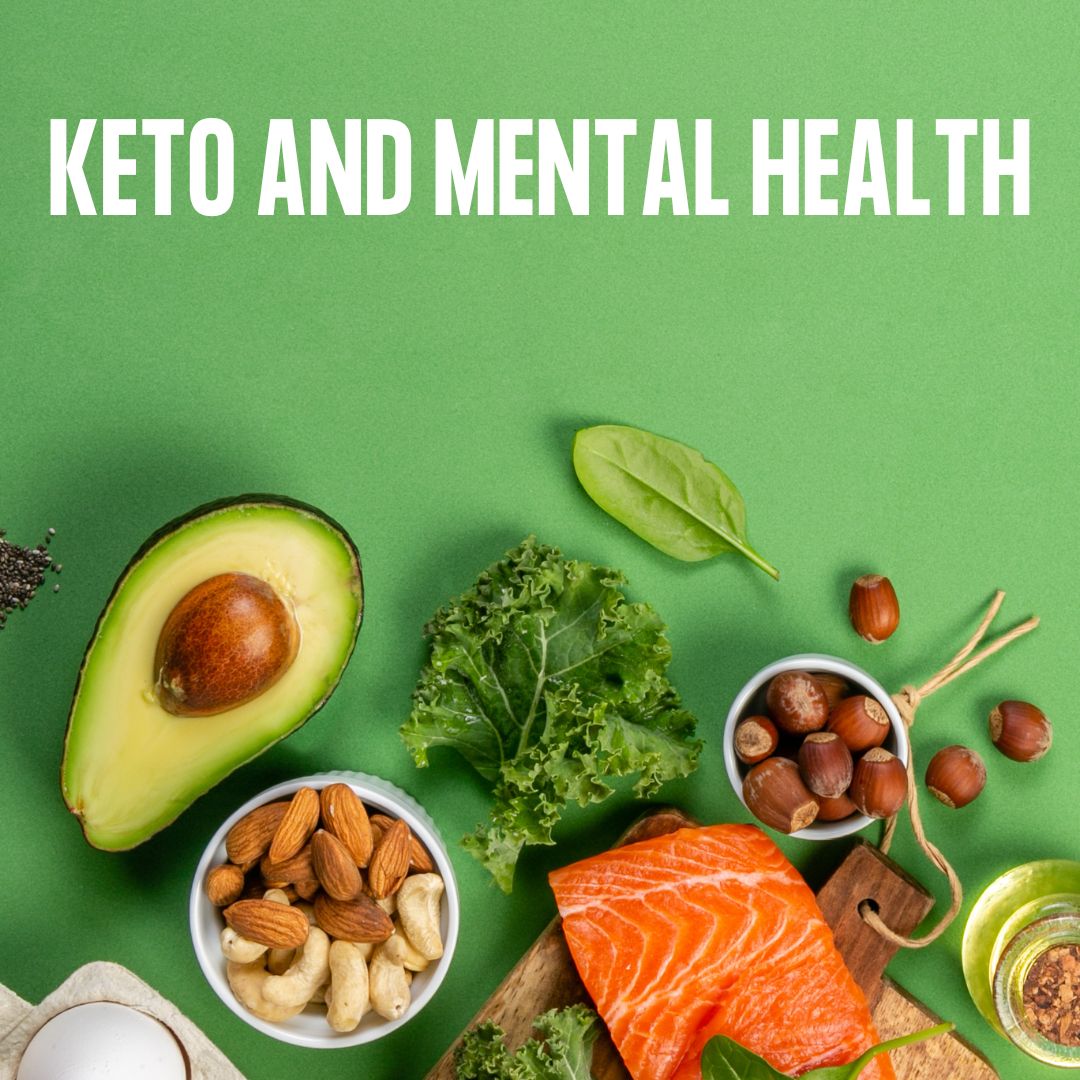
Can Keto Diet Cure Depression?
Keto Diet: A Potential Remedy for Depression?
The ketogenic diet - a high-fat, low-carbohydrate dietary approach - has long been associated with numerous health benefits. While weight loss and diabetes management are often the main focus, emerging evidence suggests that the ketogenic diet may also play a significant role in mental health, particularly in managing depression. So can Keto Diet Cure Depression? This article explores the potential of the ketogenic diet as a cure for depression.
Understanding the Keto Diet
The ketogenic diet, often referred to as the keto diet, is characterized by a drastic reduction in carbohydrate intake, which is replaced by high-fat foods. The primary goal of this diet is to put the body into a state of ketosis, where it burns fat instead of carbohydrates for energy.
Origin of the Keto Diet
Originally developed for managing seizures in people with epilepsy, the keto diet has gained mainstream popularity as a weight loss method. However, recent studies suggest that the benefits of the keto diet extend beyond weight management and epilepsy.
Keto Diet and the Brain
The ketogenic diet's effects on the brain are significant. Increased ketone bodies in the brain can have neuroprotective effects, potentially enhancing cognitive function and mood stability.
The Link Between Diet and Depression
Nutrition is a crucial factor for both physical and mental health. An unhealthy diet can increase the risk of various diseases, including mental health conditions like depression. Conversely, a balanced and nutritious diet can contribute to improved mental health.
Role of Inflammation
Chronic inflammation, often associated with an unhealthy diet, is believed to play a crucial role in depression. A diet high in sugar and refined starch can trigger inflammatory responses in the body, which can adversely affect mental health.
Impact of Nutrient Deficiencies
Not getting a sufficient amount of essential nutrients, such as zinc, magnesium, or selenium, can also contribute to depression. These micronutrients play essential roles in the brain and mood regulation.
Keto Diet and Depression: A Possible Connection
The ketogenic diet's potential to alleviate depression is a topic of growing interest in the scientific community and the question remains; can keto diet really cure depression? Several mechanisms may contribute to the diet's potential antidepressant effects.
Increased GABA Production
Gamma-aminobutyric acid (GABA) is a neurotransmitter that plays a critical role in managing stress, anxiety, and mood. Low GABA levels have been linked to clinical depression. A ketogenic diet may increase circulating levels of GABA, potentially improving depressive symptoms.
Improved Mitochondrial Function
Mitochondria are cellular components responsible for energy production. Mitochondrial dysfunction, such as producing insufficient energy for cell function, has been implicated in depression. A ketogenic diet may enhance the production of adenosine triphosphate (ATP), an energy-providing compound, in those with mitochondrial dysfunction.
Decreased Oxidative Stress
Oxidative stress refers to cellular damage caused by free radicals. High levels of oxidative stress have been linked to depression. The ketogenic diet may reduce oxidative stress, improve antioxidant status, and help reverse some of the damage caused by free radicals.
Regulation of Insulin Function
Insulin resistance, often associated with a diet high in sugar and refined starch, is also linked to depression. The ketogenic diet, which limits sugar and starch, may improve insulin sensitivity.
Reduced Inflammation
The ketogenic diet has anti-inflammatory properties, which may help manage depression. The diet's restriction of sugar and starch, coupled with its high intake of healthy fats, can help reduce inflammation in the body.
Potential Downsides of the Keto Diet: Can It Cause Depression?
Despite the potential benefits, the ketogenic diet may not be suitable for everyone. For some individuals, the restrictive nature of the diet or the side effects associated with the transition into ketosis, such as the 'keto flu', may lead to feelings of depression.
Dealing with the Keto Flu
The keto flu refers to a group of symptoms, including headaches, sleep disturbances, cramping, and fatigue, that some people experience when they first transition to a ketogenic diet.
Nutritional Deficiencies
The restrictive nature of the ketogenic diet can lead to a sudden drop in essential nutrients, which could potentially contribute to depressive symptoms.
Social Isolation
The ketogenic diet may also lead to feelings of social isolation, especially if many social gatherings revolve around food. It can be challenging to stick to the diet in these situations, which may cause feelings of depression.
Managing Depression on a Keto Diet
If you're feeling depressed while following a ketogenic diet, consider the following strategies:
-
Wait Out the Keto Flu. Drink plenty of fluids and supplement with electrolytes to ease the transition into ketosis.
-
Focus on High-Quality Proteins and Vegetables. Including more whole foods rich in mood-supporting nutrients can help manage depressive symptoms.
-
Try Cyclical Keto Dieting (Carb Cycling). This technique involves a day or two of higher carbohydrate intake per week, making the diet easier to stick to long-term.
-
Seek Professional Help. If you suspect that your depression was caused or worsened by the ketogenic diet, consider seeking help from a qualified mental health professional.
In Conclusion
While the ketogenic diet shows promise in reducing depressive symptoms, it's important to remember that more research is needed to fully understand the relationship between the keto diet and depression. If you're considering the ketogenic diet as a potential cure for depression, it's crucial to consult with a healthcare provider before making any significant dietary changes.

















